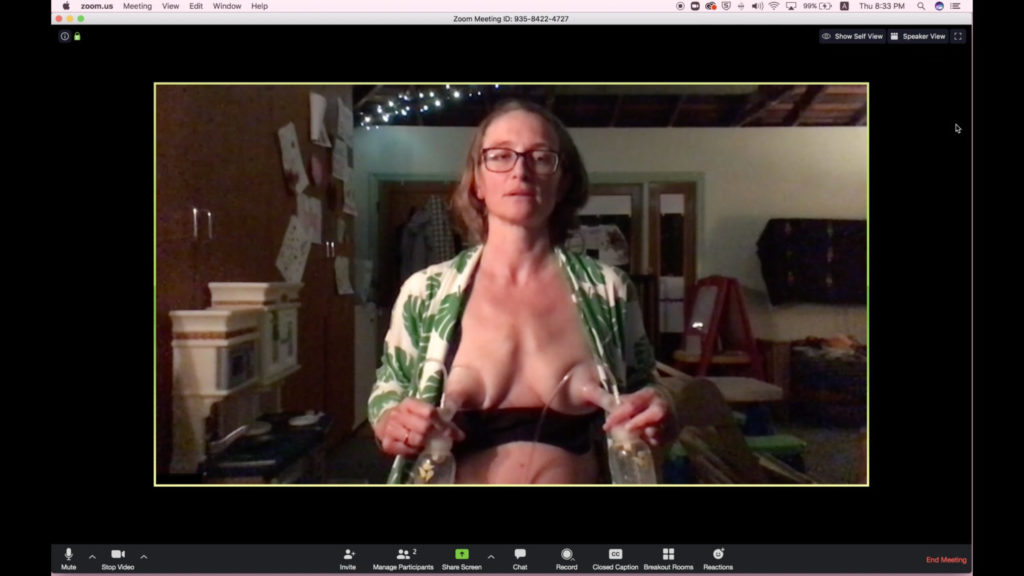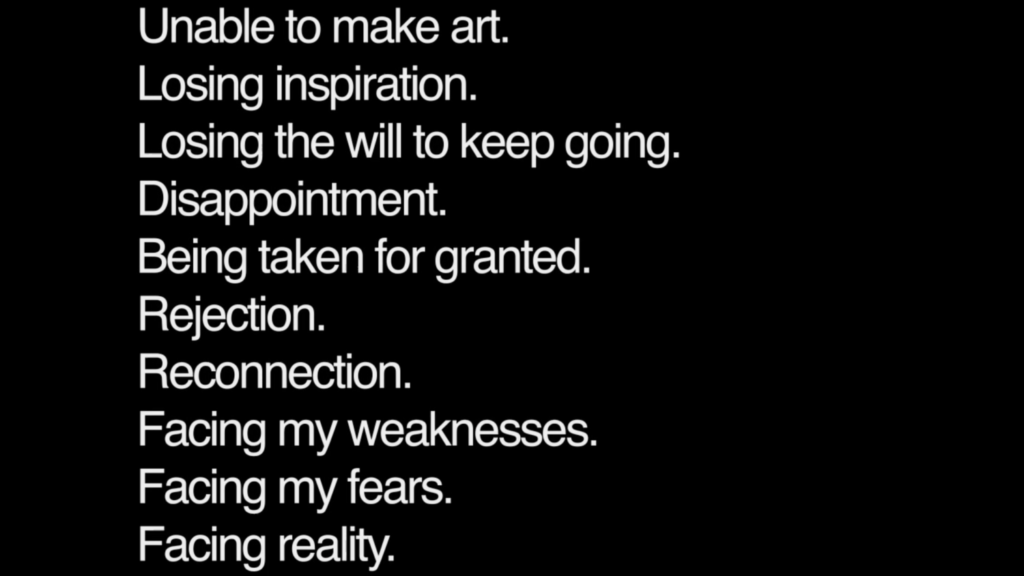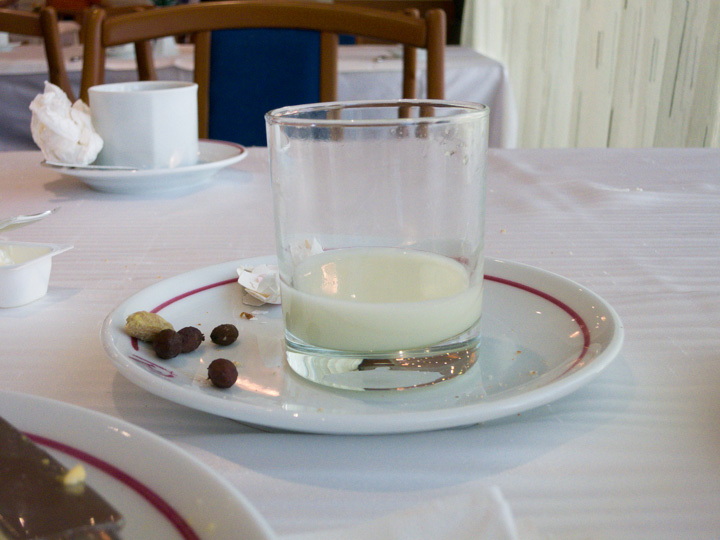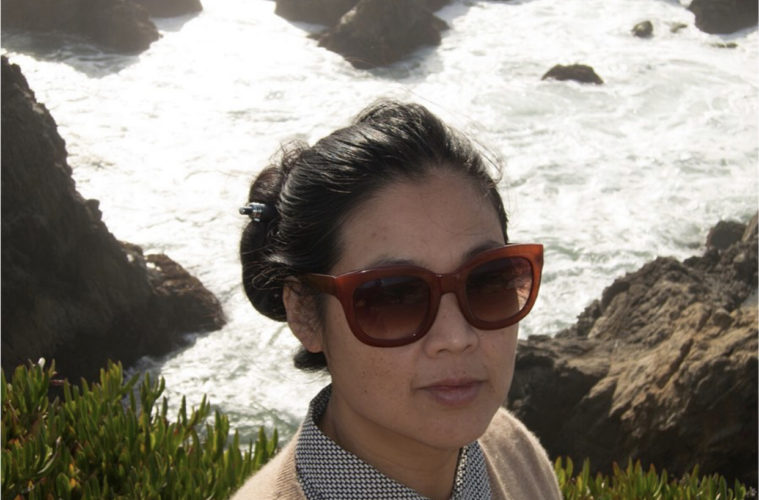When it comes to addressing the intersections of gender, language, representation and empathy, artist Patty Chang is not afraid to put some skin in the game. In her electrifying and frequently visceral performance and video work, as in her multimedia installation and text-based projects, Chang centers empathy and frankness in her explorations of the human condition.
Her latest project Milk Debt, for example, is a video work pairing women pumping their breast milk as both an ordinary and a symbolically charged action with collected, crowd-sourced texts documenting public fears. The exhibition was set to open at 18th Street Arts Center this week, but for pandemic reasons that physical opening has been moved to October. In the meantime, Chang both reopened the public call for expressed fears to reflect these new circumstances and the impact of the virus on the topic of fears, and reconfigured a version of the work as a livestream event from May 20-22, culminating in a curatorial conversation on May 22.

Patty Chang, Milk Debt, 2020. 10:24 min. Video still. (Courtesy of the artist)
L.A. WEEKLY: What is your short answer to people who ask what your work is about?
PATTY CHANG: My earlier work was performance involving my own body in specific, sometimes uncomfortable situations. I am physically invested in the experience of the body as mediated, a tool, researching, ambivalent, embodied and empathetic. Some of the themes and forms I’ve worked with include performance, narrative, the body, sexuality, translation, landscape and land/body resources, colonialism, transnationalism, the scale of an individual body in relation to governments and infrastructure, gender and caregiving, death, and living in mourning. I am reminded that landscape and bodies are alike in that they are both temporary, lyrical, and impacted.
When is/was your current/most recent/next show?
Since February 2019, I’ve been working on Milk Debt, a multi-part video project of women pumping breast milk while reciting lists of fears drawn from different communities in various geographical regions around the world. The title refers to the idea in Chinese Buddhism where a child is forever indebted to its mother for the milk she gave. Milk debt is an arrangement that binds us to our history and to the earth, and is considered an unpayable debt. Breast milk is created when the body starts to produce the hormones prolactin and oxytocin. Oxytocin is also produced when we are in love.
The performance acts as a type of ritual with the performer channeling the fears of others into public speech, in turn, transforming them from the individual into the communal. In a time when people are being impacted by climate change, governmental policies and lack of resources, it is vital to find ways to connect to others, be inclusive and compassionate and find ways of making meaning in our world. We plan to open the exhibition in physical form at 18th Street Arts Center in Santa Monica on October 7.

Patty Chang, Fear List, 2020. 9 min. Video still. (Courtesy of the artist)
[The livestream screening happens Wednesday, May 20 at noon through Friday, May 22, at 1pm, at which time there’s a livestreamed conversation with Chang and curator Anuradha Vikram, moderated by curator Asha Bukojemsky of Marathon Screenings.]
What would you be doing if you weren’t an artist?
I don’t know. My art is motivated by fear, desire, ambivalence, anger, ego. I am also motivated by joy, beauty, magic, love. I think these feelings can happen simultaneously and that is what makes experience complex.
Do you listen to music while you work? If so what?
No, but walking has always been a part of my practice. Wandering has always helped my mind wander. When the body is in motion and the world is moving by, thoughts don’t become too precious and can be thrown out there to see what transpires.
Website and social media handles, please!

Patty Chang, Letdown (Milk), 2017
Advertising disclosure: We may receive compensation for some of the links in our stories. Thank you for supporting LA Weekly and our advertisers.

